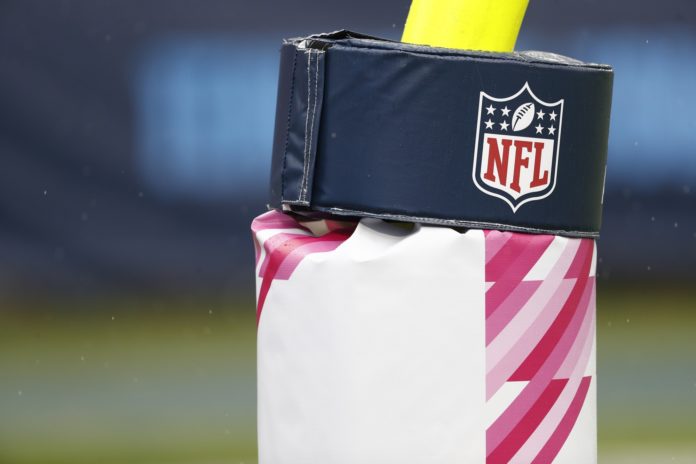
By Harper Mayfield | Sports Writer
The NFL is a uniquely American experience. Other countries have tried to capture its essence, but nobody has been able to replicate what the States have in terms of American football. That’s not because other countries don’t enjoy football, but because the NFL has given up on bringing football to them.
That hasn’t always been the case, however. From 1991 to 2007, the NFL funded a league in Europe known as — shocker — the NFL Europe League. The league began play as the World League of American Football (WLAF). The WLAF had 10 teams, seven of which were North American. The WLAF served as a spring league for the NFL, in a similar capacity to the NBA’s G League.
The league took a short hiatus during the 1993 and ‘94 seasons, before returning in ‘95, this time without North American franchises.
In ‘98, the league officially became NFL Europe, consisting of seven teams, with two added in later years. The original seven included the Amsterdam Admirals, Barcelona Dragons, Berlin Thunder, Frankfurt Galaxy, London/England Monarchs, Rhein Fire and the Scottish Claymores. The Cologne Centurions would join the league in 2004, followed by the Hamburg Sea Devils in 2005.
The European league functioned as a proving ground for young or developing players, coaches and even as a lab for experimental rules. This model has proven successful in other major sports leagues, most notably the NBA and MLB. Both those leagues have made very effective use of farm systems, and both leagues have seen players go from minor leagues to All-Star level talents. The NFL experienced this during the NFL Europe era, as NFL MVP Kurt Warner spent his formative years with the Amsterdam Admirals.
Warner was far from the only talent to ever be produced by the NFL’s foreign venture. Fellow quarterbacks Brad Johnson and Jake Delhomme also spent time overseas. Additionally, NFL Europe produced linebacker James Harrison and kicker Adam Vinateri. Defensive lineman William ‘The Refrigerator’ Perry spent the end of his career with the London Monarchs, being one of the few players to use NFL Europe in the latter half of his career.
As good as those players were, NFL Europe’s production pales in comparison to the NBA G League. The G League has put out names such as Rafer Alston, Pascal Siakam, Hassan Whiteside, Jeremy Lin, Gerald Green, Danny Green and JJ Barea. The NBA has seen much more production from their development system, and it isn’t an accident.
The NBA has continued to see the G League as a valuable investment, something the NFL failed to do with NFL Europe. As such, NFL teams are often left with only what they find on draft night. There’s more football talent out there, both domestic and international. The NFL is simply refusing to invest in it.
Were NFL Europe to come back, international interest in football would no doubt increase, and the influx of overseas talent into the NFL would experience an exponential rise. This isn’t to the detriment of American players though, as they’d be afforded an opportunity to develop in the European league before being thrown to the wolves stateside.
As of 2020, the average NFL franchise is worth around 2.86 billion dollars. The amount of money it would take to run NFL Europe would be a rounding error to the owners that would contribute funds. Those funds would see a return, as lower round picks would have a better chance at making an impact on the field after some time in Europe than they would by sitting in the practice squad in Cincinnati.
The NFL returning to Europe has no real downside. Owners will say that Europe doesn’t care for American football, or that the league will lose money. It isn’t 1993 anymore, teams aren’t exactly strapped for cash. The NFL can, and should, bring back NFL Europe if they want to continue to compete with America’s other major leagues.





